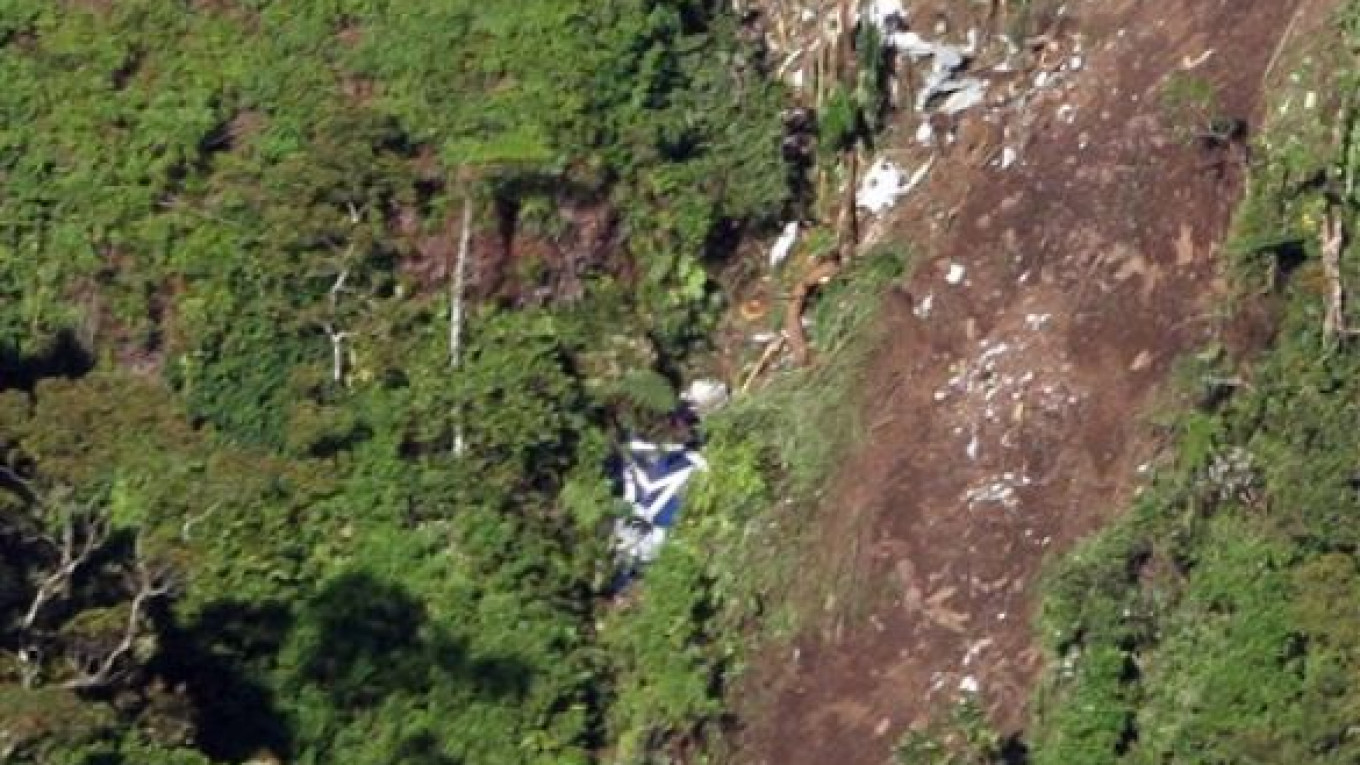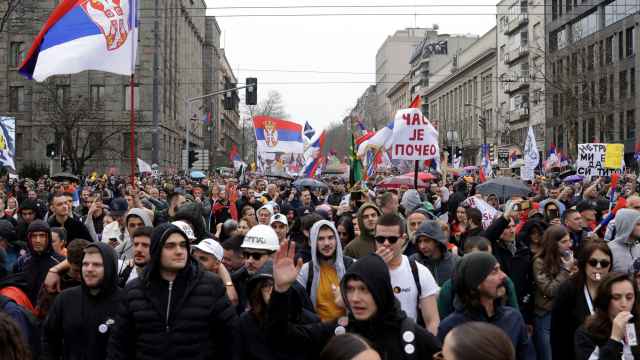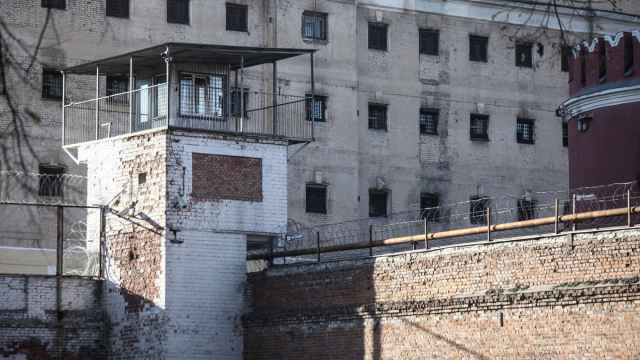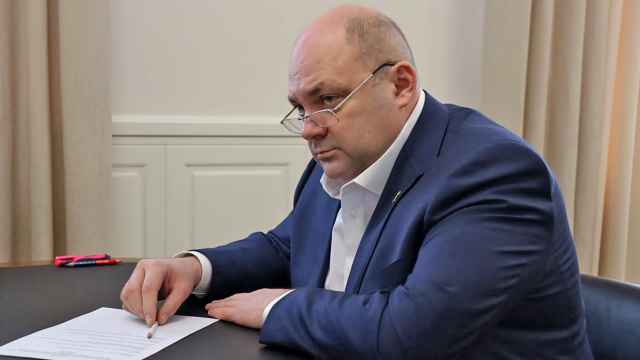JAKARTA, Indonesia — Pilot error caused a Russian-made passenger jet to crash into an Indonesian volcano seven months ago during a demonstration flight, killing all 45 people aboard, the National Commission on Safety Transportation announced Tuesday.
Information recovered from the Sukhoi Superjet 100's cockpit voice recorder and flight data recorder indicated that the pilot in command was chatting with a potential buyer in the cockpit just before the plane slammed into Mount Salak on May 9, Commission Chairman Tatang Kurniadi told reporters.
He said that 38 seconds before the crash, instruments inside the cockpit issued a warning saying "pull up, terrain ahead."
Later, the warning "avoid terrain" was issued six times, but the instruments were turned off because the crew assumed there was a problem with the database, Kurniadi said.
He added that a simulation showed that the crash could have been avoided if the crew had responded within 24 seconds of the first warning.
"The crew was not aware of the mountainous area surrounding the flight path," Kurniadi said.
The Jakarta radar service was also not equipped with a system in the area where the crash occurred that could inform flight crews of minimum safe altitudes, he said.
Russian pilot Alexander Yablontsev was in charge of the demonstration flight, meant to woo potential buyers. He was an experienced test pilot, having logged 10,000 hours in the Sukhoi Superjet and its prototypes.
Six minutes after it took off from a Jakarta airfield, the pilot and co-pilot asked air traffic control for permission to drop from 3,000 meters to 1,800 meters on the scheduled half-hour flight.
"The purpose of decreasing the altitude was to make it not too high for the landing process at Halim airport," Kurniadi said.
However, six minutes later, the plane hit the mountain, he said.
It took more than 17 minutes before anyone on the ground realized the plane had vanished from radar screens, and no alerts sounded on the system prior to the disappearance.
Indonesia is one of Asia's most rapidly expanding airline markets, with growth rates of nearly 20 percent a year. It has a poor air safety record and is struggling to provide qualified pilots, mechanics, air traffic controllers and updated airport technology to ensure safety.
On Sunday, a blackout at Jakarta's international airport led to a 15-minute disruption of its radar system, causing 64 regional and domestic flights to be delayed, said Bambang Ervan, Transportation Ministry spokesman.
The outage raised questions about the safety of the airport's 26-year-old system.
Last month, Indonesia certified the Superjet 100 as safe to fly in the country after a thorough validation process unrelated to the crash investigation.
This opened the lines for delivery of the aircraft to its first customer in Southeast Asia, the Indonesian airline Sky Aviation, which signed a deal for 12 planes.
The Superjet is Russia's first new passenger jet since the fall of the Soviet Union two decades ago, and it is intended to help resurrect the country's aerospace industry.
Related articles:
A Message from The Moscow Times:
Dear readers,
We are facing unprecedented challenges. Russia's Prosecutor General's Office has designated The Moscow Times as an "undesirable" organization, criminalizing our work and putting our staff at risk of prosecution. This follows our earlier unjust labeling as a "foreign agent."
These actions are direct attempts to silence independent journalism in Russia. The authorities claim our work "discredits the decisions of the Russian leadership." We see things differently: we strive to provide accurate, unbiased reporting on Russia.
We, the journalists of The Moscow Times, refuse to be silenced. But to continue our work, we need your help.
Your support, no matter how small, makes a world of difference. If you can, please support us monthly starting from just $2. It's quick to set up, and every contribution makes a significant impact.
By supporting The Moscow Times, you're defending open, independent journalism in the face of repression. Thank you for standing with us.
Remind me later.






